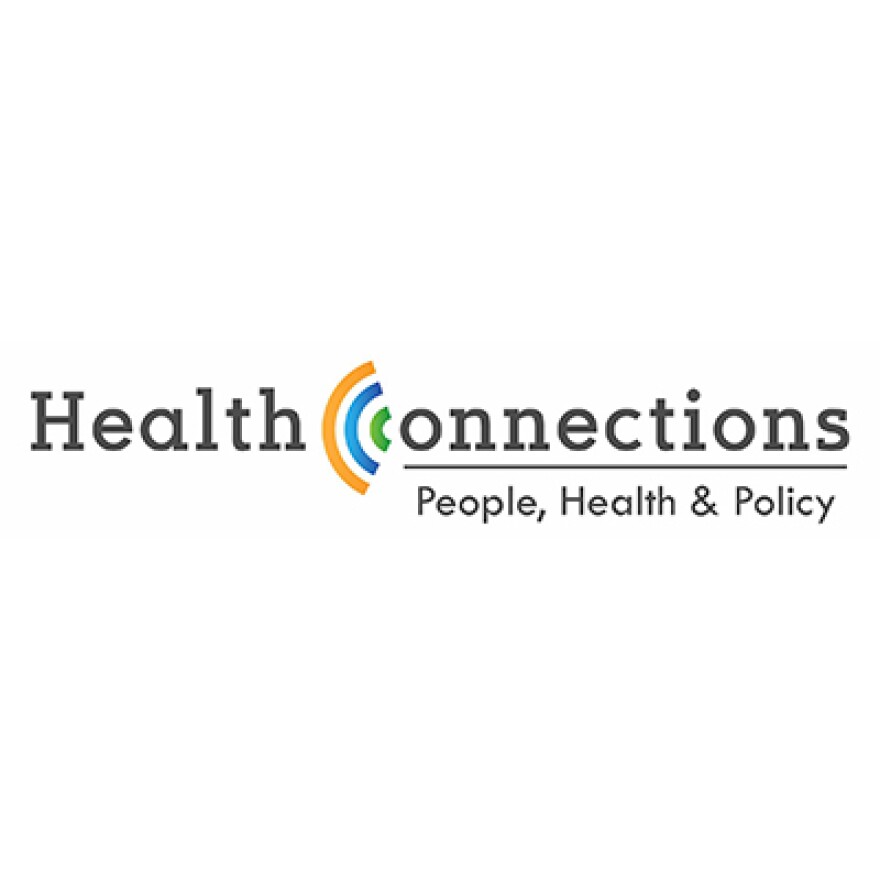WUOT’s Carole Myers: Congress is considering cutting $880 billion from Medicaid. These cuts will have a devastating direct effect on program beneficiaries and far reaching indirect effects on state and local governments, hospitals, local economies and people not covered by Medicaid. Michele Johnson, the executive director of the Tennessee Justice Center, joins me today to discuss the impacts of the proposed Medicaid cuts. Welcome, Michelle.
Michele Johnson: Thanks for having me.
Please help us understand the implications of the proposed Medicaid cuts.
Medicaid is called TennCare in Tennessee, and two-thirds of the funding for TennCare come from the federal government through the Medicaid program. So any changes to Medicaid have a huge impact on Tennessee, as you said. Important to note that nearly one in five Tennesseans get their health coverage through TennCare with the help of Medicaid funding. Half of the children and pregnant women in our state rely on this program. Two-thirds of folks in nursing homes rely on Medicaid to pay for that. It's a principal source of payment for mental health and addiction services, and it's the leading source of services for children and adults with disabilities. So it protects Tennesseans from medical bankruptcy. And in truth, because we're a state that is pretty small and doesn't have an income tax, nearly 20 cents of every dollar that Tennessee spends is federal Medicaid money, 20 cents of every dollar. So it's kind of a pillar for the state budget. Federal Medicaid funding underwrites the cost of about half a dozen state agencies, including the Department of Children's Services, the Department of Disabilities and Aging and so as you alluded to, Medicaid is something that keeps rural hospitals, clinics, pharmacies and nursing homes open. So even if you're privately insured, or you're wealthy and can pay for your own health care, if these rural health care providers can't stay open, if you need them, they're not there because of the impact of Medicaid on them. $11.4 billion in federal Medicaid funds support 1000s of jobs across the healthcare sector and beyond. Even in East Tennessee, $90 million or one-third of the budget of East Tennessee Children's Hospital comes from Medicaid funds. So this is a huge impact on our state, on our economy, on jobs and on our most vulnerable citizens, the youngest and the oldest who depend on this program.
What can we expect in the coming days and weeks as Medicaid cuts are discussed?
So next week, congressional committees will release their recommendations to carry out sufficient cuts to achieve their required budget savings, which, as you said, was $880 billion. They may say exactly who's going to lose coverage or which providers will be cut, but likely they will just try to set a cut number and then pass that on to states to decide how to deal with it and deal with the political fallout. The House of Representatives will vote before Memorial Day weekend, just two weeks away, to approve these cuts, and then they'll send it to the Senate to vote next month. The Schedule could slip a little bit because of disagreements with the Republican congressional majority over whether to make the Medicaid cuts bigger or smaller. But the next two weeks are critical for people to make their voices heard and to make sure that our elected officials know that protecting this program is vitally important.
This transcript has been lightly edited for content.
For more information, visit https://www.tnjustice.org/.




